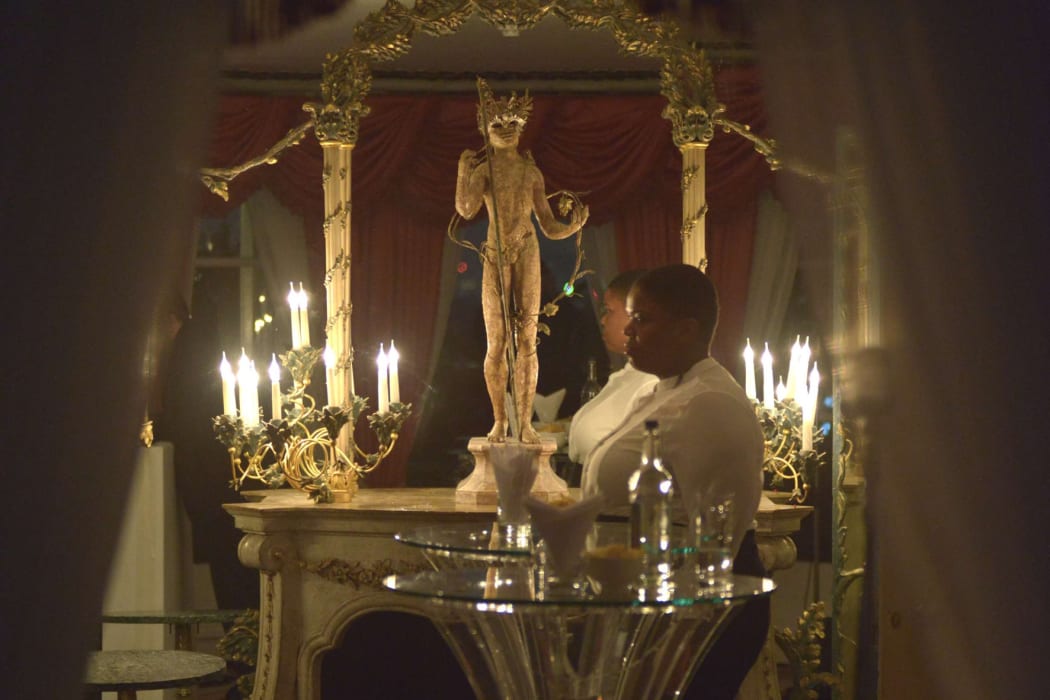
In a late-capitalist society there are perhaps few human activities as polarised as artistic practice: it can be one of the most revolutionary, as it is not reduced to utilitarian, functional, quantitative, ponderable values, while at the same time it has long since become one of the most fertile terrains for manoeuvres of speculation, gentrification and domestication. This is why the positioning of the artist and his or her commitment to the cultural struggle against the culture of cancellation, self-exploitation, woke neoliberalism and artwashing of the most varied kind is so important. If we are not capable of questioning the system, we perpetuate its inequalities. I think then of the pressing imperative to reposition ourselves politically for the sake of a radical transformation. Only in this way will we achieve a truly revolutionary art¹.
It is clear that any transformation must always be collective and intersectional, for change restricted to a single sphere can never fully resolve the imminent collapse —social, ecological, economic... So, what role should art play in these refounding processes to which we refer? The reform that art activates expresses itself through its actions on culture, and that's why a truly revolutionary art will be that whose aim is to break culture understood in its bourgeois conception of cultural industry and heritage, culture as a Ministry and instrument of control. And it is in this transformation of culture that the political moment of art is to be found, where it becomes politically relevant. A political art is not an art that uses politics as its subject matter. In fact, self-proclaimed political art is often a mere aestheticisation of political problems that neutralises any revolutionary attempt.
Social transformation will never be complete without a cultural revolution. Conversely, an art that is not committed to cultural transformation will always have a counter-revolutionary effect. If we side with the culture industry and the merchandise, we will continue to stiffen the current dynamics. Alliances are never established with power, but relationships of vassalage, subjugation, dependence, obedience and abuse. Instead, if we function as resistance, as an attack, we can demonstrate that other ways are possible. Thus, art can (and must) be one of the keys driving radical transformation. This is the first thing to understand in order to know where the artist must place him/herself politically. We need artists who are committed to political action as much as to artistic creation, who do not make political art but who make art politically —to paraphrase Godard. We are referring to Colectivo Democracia, Núria Güell or Eugenio Merino, artists capable of putting the system in check through their artistic practice. Artists who eat the rich, stateless artists, artists who burn the King…, an art understood as action, as flash, as blow and trigger, as scaffolding, a Promethean art.
And what is the most revolutionary thing that can be activated by artistic practice? Adorno (and some others) have argued that the most revolutionary thing about art is its autonomy, insofar as its mere existence already implies a critique of society. But an independent and emancipated art can also be a profoundly egotistical and self-absorbed art. That's why, today, the truly necessary artistic practice can only operate from a negative tactic and counter-hegemonic narrative: anti-capitalist, anti-patriarchal, anti-colonial, anti-classist, anti-everything. That is, by putting into practice a logic of resistance that, if it cannot become propositional, will be destructive. However, we know that our incendiary capacity is minimal compared to an Orsini bomb and that a museum or a gallery will never have the force of an arsenal. But that should not discourage us. Deleuze says that even if the revolution fails, we will always come out of it different, and the problems will be different. That is, there is no failed revolution, but an unfinished one.
Gisela Chillida
1. We use the term revolution because of its perhaps anachronistic connotations, but we could also use revolt, riot, rebellion, protest, insurrection…, as well as any word that indicates a radical transformation of the system at all levels (political, social, economic, cultural, technological...). Of course, in order to move towards a world that is fairer, more egalitarian, more sustainable...
(English translation: Beatrice Krayenbühl)

